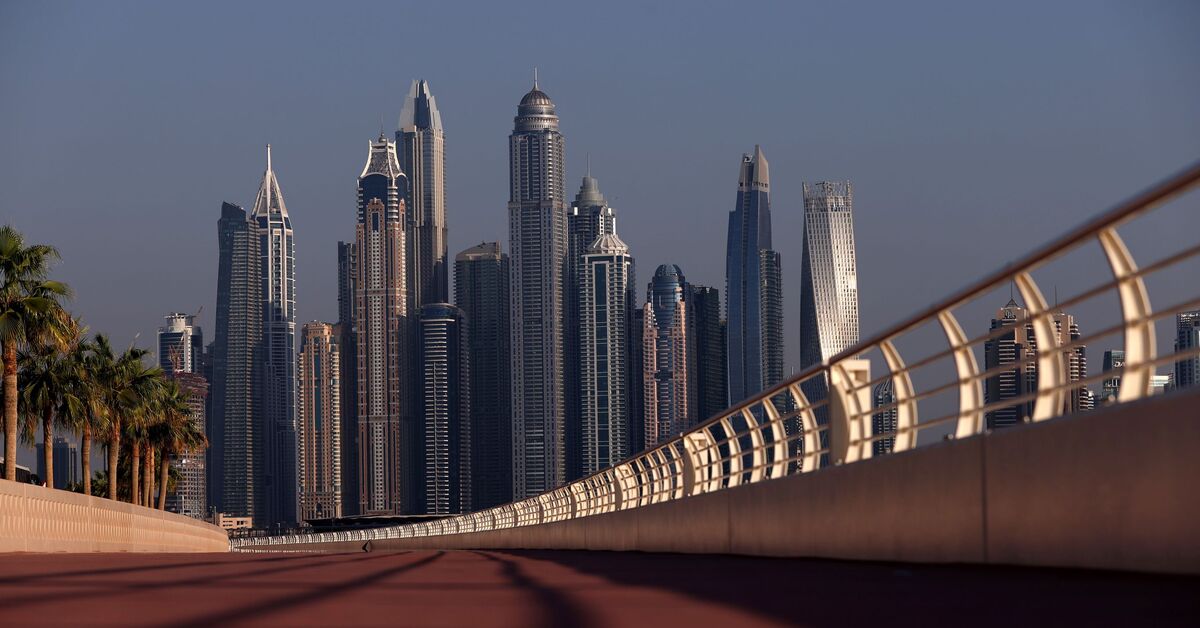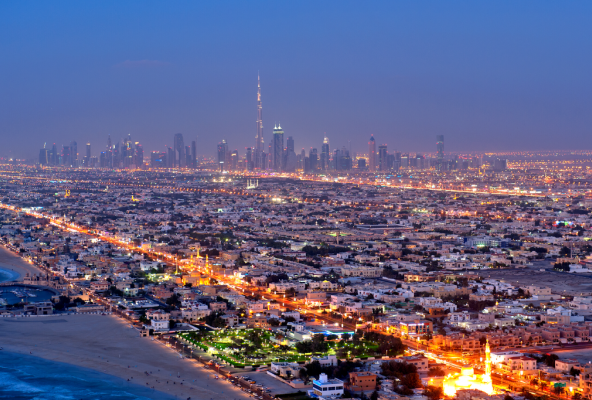Dubai is attracting a large number of expats. Apart from the good quality of living, the fact that Dubai is a tax-free country is the primary cause for such enthusiasm. Income earned in Dubai is not subject to taxation. In addition, the bulk of goods and services are exempt from sales tax. As a result, there is a common misconception that Dubai imposes no direct or indirect taxes on its citizens. It is, after all, a myth. This is because no state can exist without taxes, according to common sense economics. If Dubai is providing expensive incentives to Emiratis, those incentives must be paid by some form of revenue. We’ll go over the various kinds of hidden taxes in this article.
Income Tax:
Since we just established that Dubai is known for not levying taxes, it’s unexpected to find income tax as the top source of revenue. It is true that the majority of Dubai’s citizens are exempt from paying income tax. This does not imply that everyone is tax-free. Certain categories of listed firms are required to pay tax. The oil industry is the most well-known on the list. Oil companies are taxed at a mind-boggling rate of 55 percent. Given that Dubai’s economy is mostly based on oil, this is a significant sum. Dubai also levies a tax on the profits of foreign banks doing business in the country. The tax rate on this item is a dismal 20%. However, considering the volume of transactions, Dubai’s government continues to be concerned. Dubai has identified a few industries that account for the majority of tax revenue. Everyone else has been given a pass!
Entertainment Tax:
Dubai is known for levying exorbitant amusement charges. In Dubai, every restaurant adds a 10% service charge to the overall bill. The service charge is what it’s called. The remuneration, unlike the service charge, is not distributed among the hotel workers. The money is instead transferred to the government. This is equivalent to levying a 10% service tax on all hotels. As a result, there is no such thing as no tax in Dubai when it comes to the restaurant industry! Similarly, hotels in Dubai that provide boarding and lodging must pay taxes as well. The rationale goes that the residents of Dubai are not paying these taxes. Tourists, on the other hand, are responsible for paying it.
Import Duties:
Dubai is an island that produces nothing of its own. Apart from oil, Dubai’s entire economy is based on imports. The majority of these imports are likewise tax-free. Some imports are significantly charged if they violate local Islamic regulations. These commodities include alcoholic beverages, tobacco, firearms, and ammunition, among others. Alcoholic beverages, for example, are substantially taxed, with imports being taxed at 50% and sales taxed at 30%. Other products, such as cigarettes, are also taxed more heavily than in other countries. Dubai’s tax structure is in line with their Islamic worldview. Rather than punishing those who do not obey Islam, Dubai imposes a monetary strategy that makes disobedience pricey.
Utility Taxes:
Dubai has a large government with multiple branches. When these branches’ services are employed, they each levy a fee. When utility bills are generated, for example, a council tax is collected. This means that electricity bills are taxed at the point of sale. In addition, Dubai has recently begun charging excessive tolls on roadways used by automobiles. The revenue generated by these tolls is enormous, and it aids Dubai’s government in covering its massive expenses. Dubai’s parking is likewise owned by the government. The parking fees are extremely high. In reality, parking fees are the primary motivator for people to use public transportation instead of driving their own car.
Taxes From Expats:
The cost of renewing a national ID in Dubai is 100 dirhams every year. They can live, work, and earn in the United Arab Emirates with this ID. Dubai has a sizable expat community. As a result, even though 100 dirhams is not a large sum for an individual expat, the total receipts in this area are significant. Similarly, practically all foreigners in Dubai live in rented apartments. The government of Dubai levies a 5% tax on the rental income generated. This is in addition to the property’s annual council tax! This makes owning or renting a home in Dubai prohibitively expensive.
Dubai also collects taxes from tourists who visit the nation by charging a visa processing charge. Every person travelling out of the UAE is also subject to a fee. The money raised is utilized to keep airports in good working order. With Dubai’s government in debt, more taxes may be added to the list in the near future. In a tax-free country, this is already a staggering amount of taxes. Given the extensive number of taxes listed above, calling Dubai tax-free isn’t entirely accurate. Businesses have warned the government that any additional tax increases will have a detrimental impact on foreign investment in Dubai.




